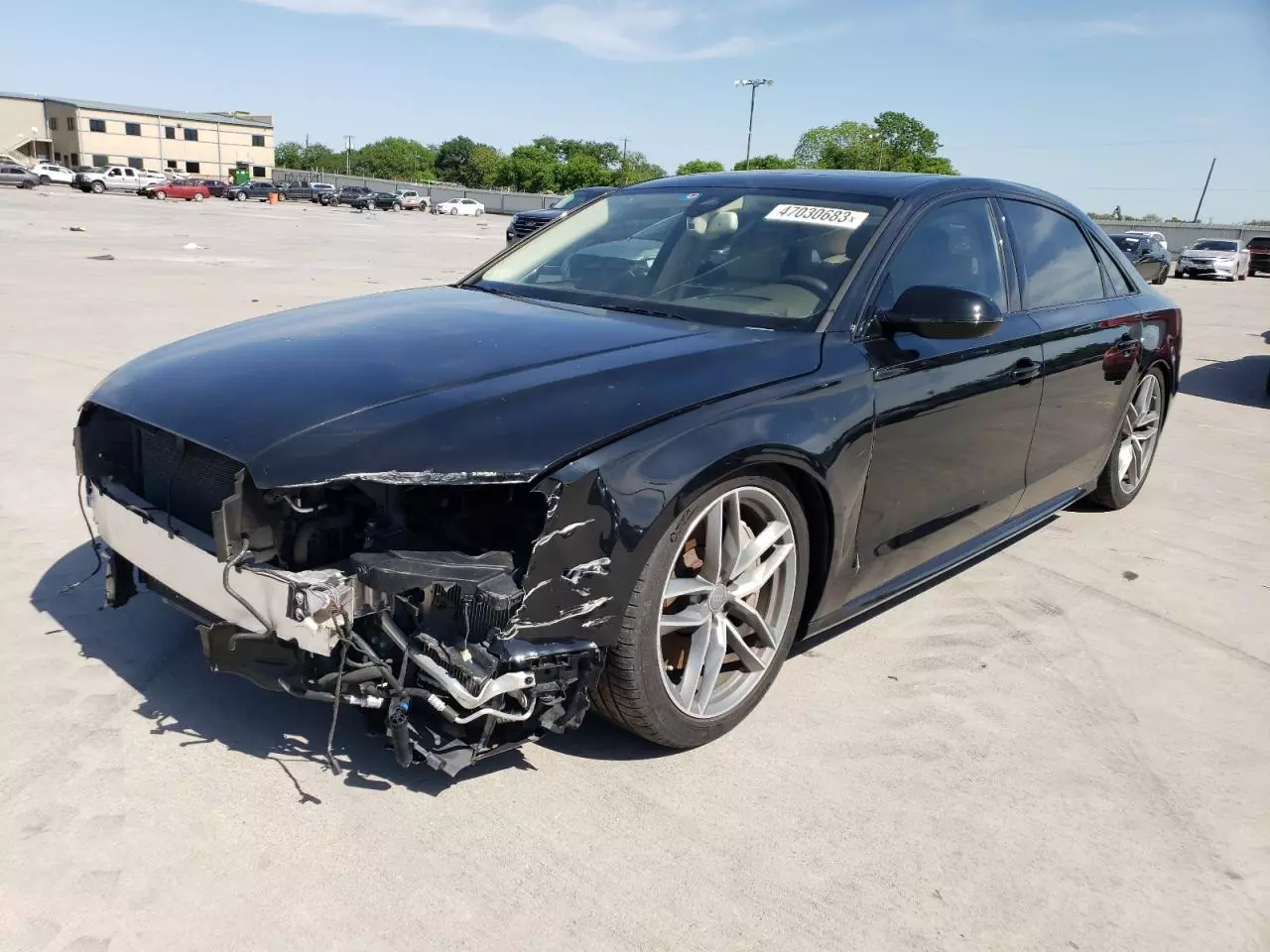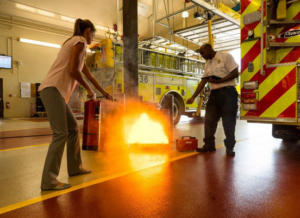Buying used cars with salvage titles can mean huge savings compared to normal used car prices. However, finding a safe, reliable salvage title car that’s worth investing in requires careful research and inspection. In this guide, we’ll explore how to research salvage car for sale , what to look for during evaluation, expected repair costs, negotiation strategies, and tips for getting salvage cars street legal again.
What Does a Salvage Title Mean?
Salvage vehicles are cars that have been damaged to the point of being declared total losses by insurance companies. This usually happens when repair costs exceed ~75% of the car’s pre-damage value. The insurance company pays out a claim to the owner then takes possession of the car and sells it at salvage auctions. Buyers like auto parts businesses, exporters, rebuilders, and individual enthusiasts purchase the salvaged cars. Each state has slightly different criteria for branding titles as “salvage”, “rebuilt”, “flood”, or other designations. All denote previous significant damage.
Why Buy a Salvage Car?
Some advantages to purchasing used cars with salvage titles include:
- Extremely low prices – salvage auctions mean cars sell far under market value, usually 40-65% cheaper.
- Opportunity to learn auto DIY repair skills by fixing up a salvage car.
- Potential to find a newer model year car for an older used car price if damage is mostly cosmetic.
- Valuable parts can be removed from non-running salvage cars and sold.
Of course, risks like hidden mechanical issues, unsafe repairs, insurance problems exist as well. Thorough inspection is key.
Where to Find Salvage Cars for Sale
- Insurance Auto Auctions – IAA and Copart sell cars to the public through live and online auctions.
- Classifieds – Search Craigslist, Facebook Marketplace, auction sites.
- Salvage Yards – Many resell inventory bought at auction with markup.
- Auto Recyclers – Sell used parts and sometimes whole repairable cars.
- Repair Shops – May acquire salvage vehicles and repair to flip for profit.
- Exporters – Those not exporting may sell salvage vehicles locally.
Cast a wide net in your search across multiple sources and be ready to move quickly for the best deals. Having financing lined up in advance will also give you a competitive edge.
Inspecting Salvage Vehicles Before Buying
Thoroughly examine any salvage car in person before considering purchase:
- Match VINs on all documents to vehicle and check all numbers for signs of tampering.
- Verify no existing liens, fees, or fines due that you would become responsible for.
- Closely inspect for frame damage, corrosion, bent or misaligned body panels.
- Check for water damage if from flood regions. Look for silt, rust, stained upholstery.
- Assess whether major mechanical components like engine and transmission are still operable.
- Test drive the vehicle extensively if able to. Listen and feel for any issues.
- Review accident history through vehicle history reports for full transparency.
- Hire a trusted mechanic to inspect as well if you lack the expertise.
Estimating Rebuild Costs
Before buying a salvage vehicle, carefully estimate required repairs costs:
- Check current local shop labor rates and hourly charges.
- Research and price needed parts like engines, electronics. OEM parts can be very costly.
- Assess body damage repairs needed and paint job costs. This gets pricy quickly.
- Account for potential hidden issues only uncovered once repairs begin. Leave padding in your estimate.
- Understand your state’s process for getting a rebuilt title including costs.
- Calculate potential increase in annual insurance premiums for a salvaged vehicle.
- Weigh total cost to repair versus just buying a non-salvage titled used car.
While repairs can be costly, they may still provide savings compared to buying a similar car that was never damaged. But the difference must be substantial enough to take on the project.
Tips for Getting a Good Deal
Follow these tips when negotiating prices on online car auction:
- Start bids very low, at least 50% below asking prices, to leave room for unknown repairs.
- Point out every defect, missing part, dent, stain to bargain with.
- Offer to pay in cash rather than financing to incentivize sellers.
- Ask if any promotions or discounts currently apply. Ends of months/quarters can bring sales.
- Check listings frequently as sellers will often reduce prices if cars don’t sell within 30-60 days.
- Be ready to buy instantly – the best deals go fast!
With thorough inspection and research, patience searching for the right car, and good negotiation skills, you can secure an affordable salvaged vehicle as a unique project car. Just don’t underestimate required costs and work involved with repairs.



